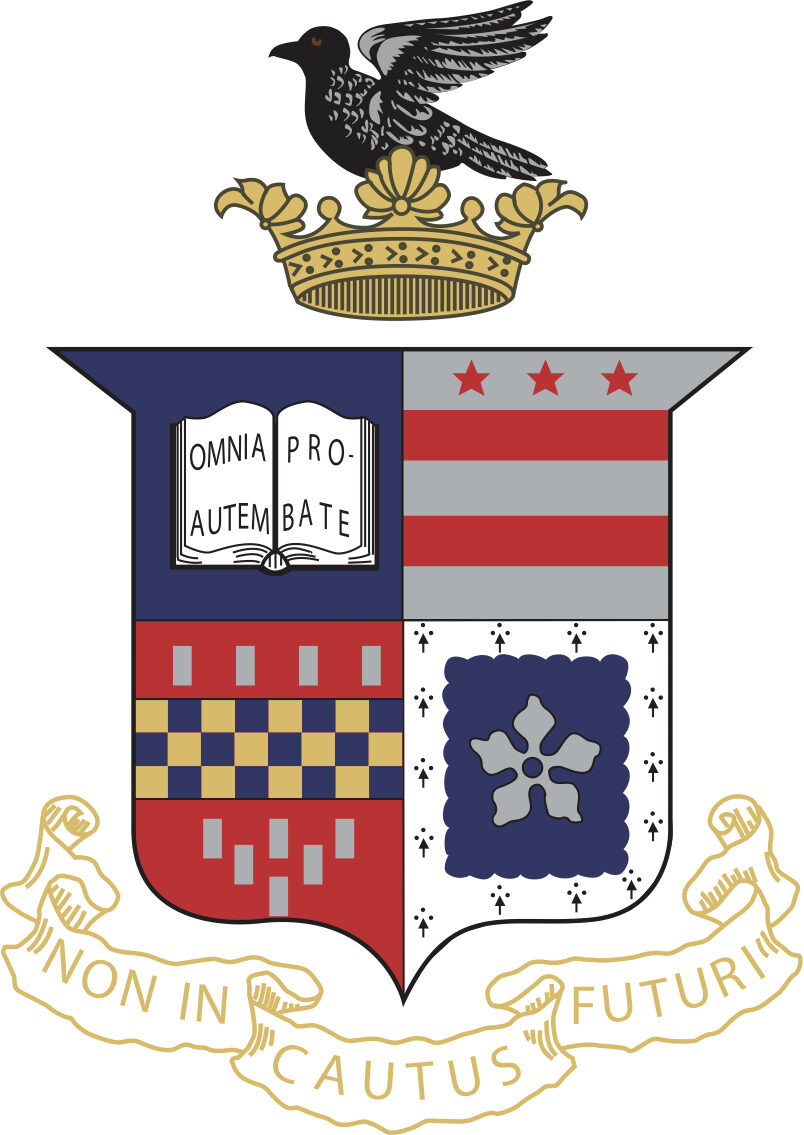This Note explores the Tunney Act’s mechanism for judicial review of consent decrees negotiated by the U.S. Department of Justice and merging parties to remedy alleged antitrust issues. The Tunney Act requires that the reviewing court only approve a consent decree if it is “in the public interest.” This Note argues, however, that courts have improperly circumscribed their review by affording too much deference to the Department of Justice when reviewing these consent decrees. This deference subverts Congress’s intent in imposing judicial review and allows the government and merging parties the opportunity to skirt meaningful judicial review. As such, this Note concludes that courts should reanimate their role in reviewing consent decrees under the Tunney Act by affording a lower degree of deference to the Department of Justice. It is the correct reading of both the statute and the legislative history, it does not pose an unconstitutional imbalance between the judicial and executive branches, and it is critical to containing the harmful effects of anticompetitive mergers.
